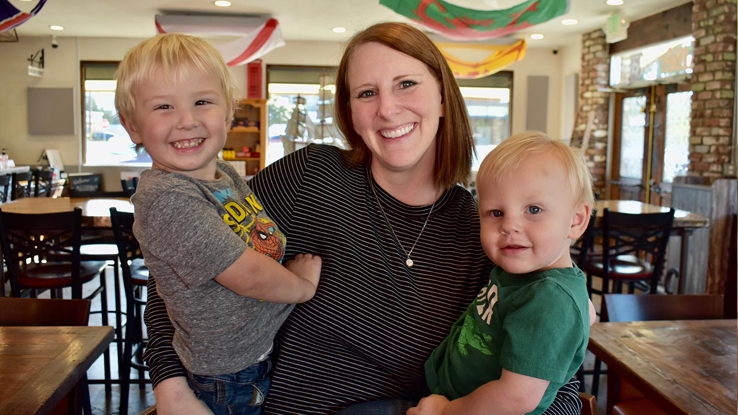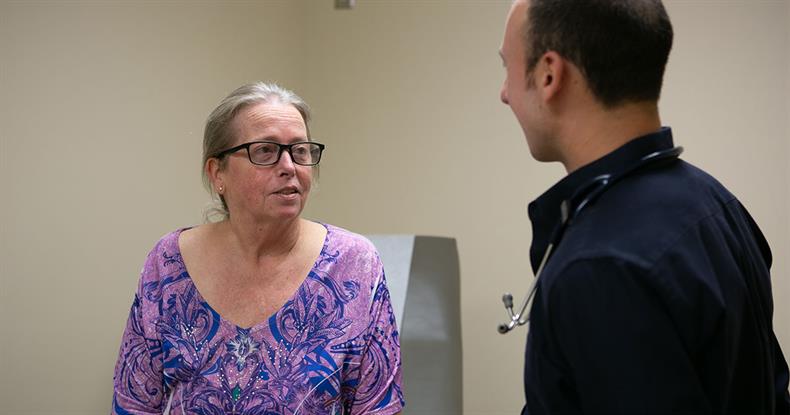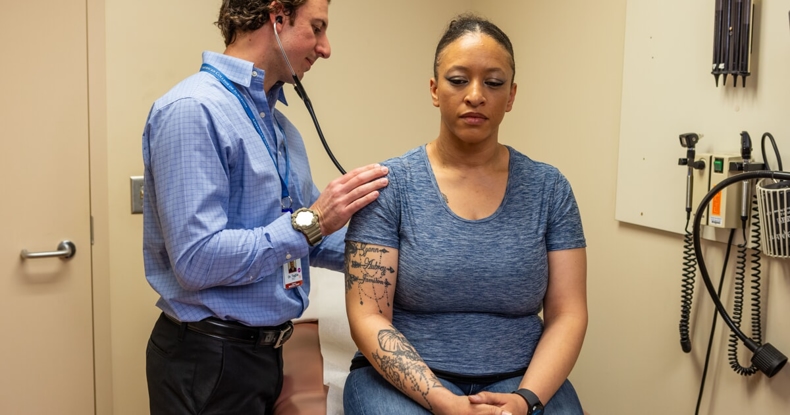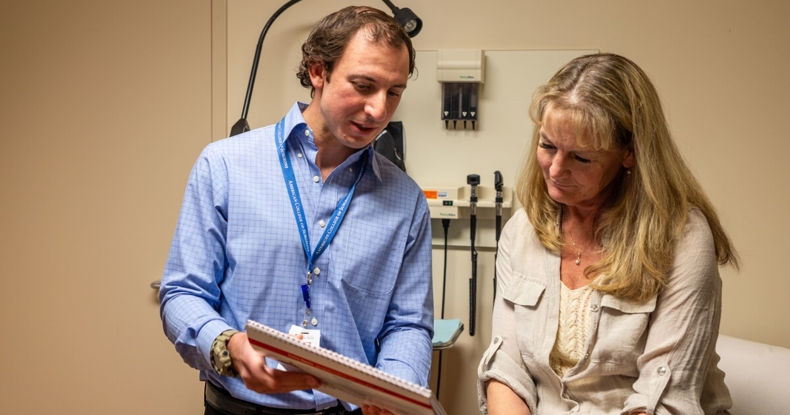You had your procedure. You stayed in the hospital, and now you're home. What comes next?
After your surgery, you'll be restricted to liquids for a few days as your digestive system heals. Following the liquid diet phase, you can start eating pureed foods, then soft foods, until your stomach can handle regular, solid foods. We will discuss diet-related expectations with you in greater detail. Hence, you understand what you can and cannot eat during the days and weeks after your surgery.
For 8 weeks post-surgery, you will follow a strict diet to maintain adequate nutrition and avoid complications. Your diet will progress from a liquid diet to a regular diet, each stage being introduced at specific times.
This meal progression is designed to allow your body to heal appropriately, prevent complications and nutrient deficiencies, help achieve maximum weight loss, and allow yourself to become accustomed to your new lifestyle.
You will have NO SOLID FOODS for 4 weeks following your surgery. After that, solids will be introduced slowly to identify any foods that may cause discomfort. It is essential to pay attention to your fullness cues while eating.
Overeating can cause significant reflux symptoms, nausea and hinder weight loss efforts.
To avoid becoming dehydrated, you need to keep yourself well hydrated by drinking plenty of water.
We may also recommend taking nutritional supplements, especially if you had Roux-en-Y gastric bypass surgery. Your body will absorb fewer nutrients due to the rerouting of the small intestine, and your stomach pouch will be significantly smaller than before. Therefore, nutritional supplements are essential to helping you stay healthy and preventing malnutrition.
You will need to make some significant lifestyle changes to be successful now that you've had weight loss surgery.
Our doctors will also work with you to develop a long-term diet and exercise plan. Diet and exercise can help you maintain a healthy weight and avoid weight regain following bariatric surgery. Exercise and weight training may also help you tighten loose skin if you lose a large amount of weight quickly after your procedure.


Being active after surgery will help you achieve and maintain weight loss, improve sleep, boost your metabolism, improve and maintain heart health, promote bone strength, and improve skin elasticity. If you were not physically active before surgery, we recommend you start slowly and focus on activities you enjoy.
When a person goes through significant lifestyle and body changes, significant changes occur in how they think about themselves and others. Some patients gain confidence as they successfully manage their weight, while others struggle with continuing to see themselves affected by obesity.
Relationships may change. Strong relationships can become stronger, and weak relationships can fracture and suffer. Some may support and cheer you on, while others may be less supportive.
For these reasons, access to an experienced mental health professional can be a vital part of postoperative recovery.

What people didn’t see or understand was that when my dad was 21, he was in a severe car crash. The impact ...
Continue Reading
Nothing seemed to work. And as she neared the end of her pregnancy leave, she had another major problem: as a medic ...
Continue Reading
Armando felt like a healthy person, and he had no other major medical issues such as diabetes or high blood ...
Continue Reading
As a married professional couple with an adventurous and busy social life, Jessica and John Bailey had so many ...
Continue Reading
Looking back at her life, Janet Schrader can easily mark the times when she gained a lot of weight. When she was ...
Continue Reading
Nearing her mid-50s, Mona Martin found she was facing a host of medical problems – she was overweight, had ...
Continue Reading
After having bariatric weight loss surgery, Ashunta McMillan laughed at the things she noticed about herself. ...
Continue Reading
The weight gain didn’t come all at once for Leslie Wuest. She considered herself active and worked out. She was fit ...
Continue Reading